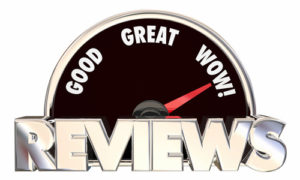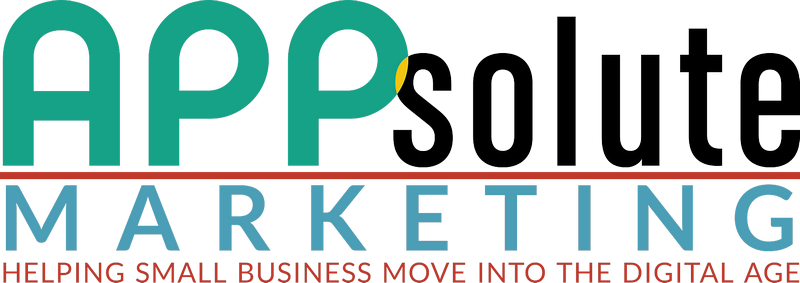 How do you evaluate the products and services you consider buying? Do you ask family members or your friends for their experiences or do you read reviews on Yelp or Amazon?
How do you evaluate the products and services you consider buying? Do you ask family members or your friends for their experiences or do you read reviews on Yelp or Amazon?
According to a study by BrightLocal.com, 88 percent of people read online reviews before making a purchase. Nearly 7 out of 10 people read up to six reviews and 85 percent read up to 10 reviews.
Quality online reviews are important to the success of your business. But it’s not enough to just have good reviews; they must be considered reliable and of reasonable number.
According to Harvard Business School’s Michael Luca, a boosted Yelp rating of just one star can increase a company’s revenues anywhere from 5 percent to 9 percent. In addition, when a company has a 4-star review or higher, 92 percent of customers are willing to do business with it.
It isn’t just Yelp reviews: When someone shares an online post or “likes” a business page on social media, it has the greatest influence on Google search rankings in the United States followed by backlinks.
But getting customers to take the time to write and post a positive review is the hardest part. It’s not just the customer’s time; it requires the business owner’s time to ensure the experience is one in which a positive review is the outcome. Plus, you have to expect some not-so-positive reviews and how you handle those will determine the true measure of the positive results.
As small business owners, your goal should be to garner more Facebook fans and activity, more Twitter followers and activity, grow your five-star Yelp reviews and increase your mailing list.
There are several software applications and platforms that support businesses getting reviews like “Get Five Stars” which puts the request in front of a customer at the right time and makes sure the business knows if a less-than five-star rating comes out.
How do you stack up?
First, identify which competitor you want to go up against. Grab a piece of paper and divide it into four sections: Facebook, Twitter, Yelp and mobile. You’re going to gather specific information from each of those criteria. You might want to substitute or add in another platform.
Let’s start with Facebook. Record the following: Number of likes, date of last post and average number of posts per month. For Twitter, record: how many followers, date of last tweet, average number of tweets per month. As for Yelp, record: the company’s rating, number of reviews, number of years on help, average number of reviews per year. Finally for mobile, determine whether the website is mobile friendly and whether there is a mobile APP downloadable from the Apple store or Google Play.
Then do the same thing for your own business. How do you stack up; more posts or fewer? Above four stars or under? More reviews or less? Determine how your business stands up overall, then plan out how to improve your ranking. Don’t minimize the value of this exercise and the difference a one-star increase can have on your bottom line.
Make it easy to implement
Come up with a strategy that’s easy to implement, engages your customers and gives them incentives to provide the positive feedback that can make a huge difference. One method is implementing a mobile APP that provides your customers with convenience, value and a way to stay connected with them.
My independent agent through whom I buy Homeowners’, Auto and umbrella coverage doesn’t have an APP. I wish he did. I’m not engaged with him at all and rarely do I receive any kind of correspondence. What does that matter? It means that although I have a long history with this agent, I don’t feel any connection to him and if someone offers me coverage that’s comparable, I have nothing keeping me to him.
Remember, it often doesn’t take a lot to lock in that relationship, just a commitment, a quality experience and the effort to engage your clients.

 November 13th, 2016
November 13th, 2016 

Write a Reply or Comment